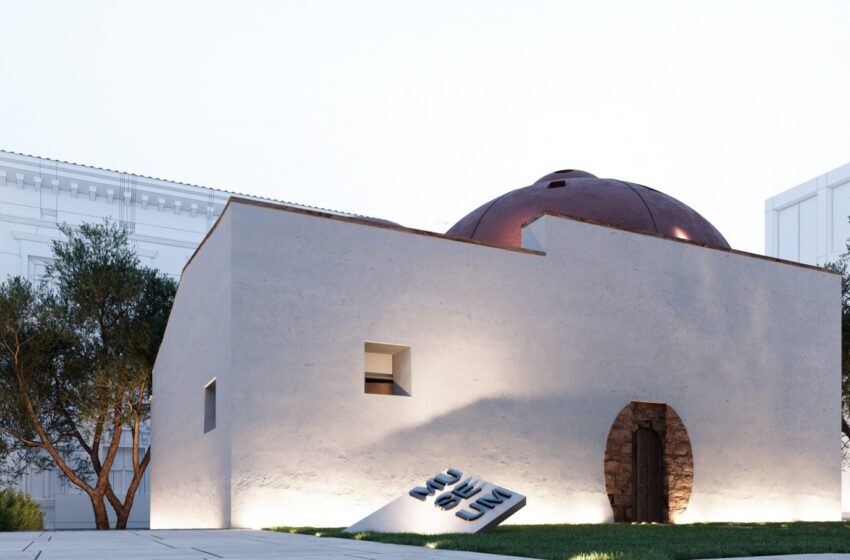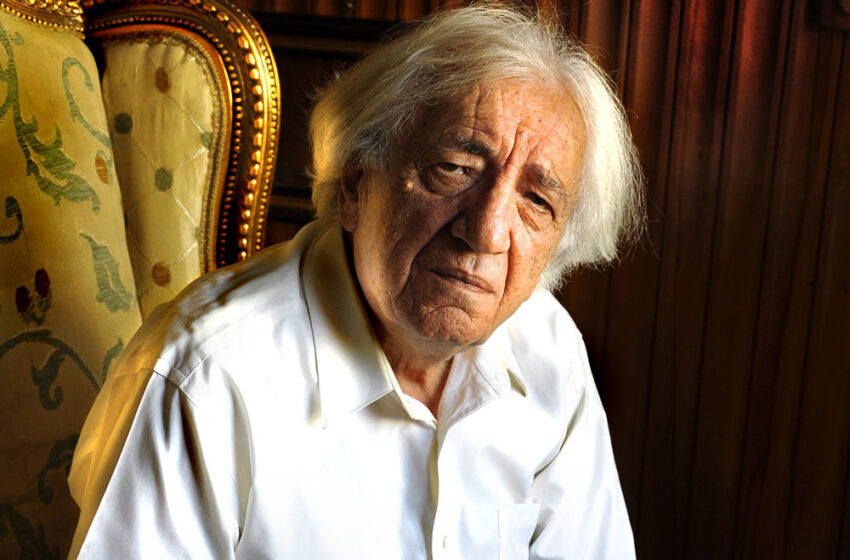Mitrush Kuteli: A pioneer of Albanian literature, born on this day

On September 13, 1907, Dhimitër Pasko, better known by his pen name Mitrush Kuteli, was born in Pogradec, Albania. While initially pursuing a career in economics and finance—earning a doctorate in monetary sciences from the University of Bucharest—Kuteli’s true legacy lies in his contributions to Albanian literature, folklore, and translation.
Kuteli is widely regarded as one of the founders of modern Albanian prose, distinguished by his unique narrative style and deep connection to Albanian oral traditions. His works, such as Tregime të Moçme Shqiptare (Eng: Ancient Albanian Tales) and Kapllan Aga i Shaban Shpatës (Eng: Kapllan Aga son of Shaban Shpata), captured the essence of the Albanian people’s spirit and folklore, drawing from centuries-old traditions and stories. His literary efforts extended to translation, where he brought the works of Turgenev, Gorky, Gogol and Neruda to Albanian audiences, contributing to Albania’s cultural enrichment.
Despite his acclaim in literature, Kuteli’s life was marked by hardship. In 1947, under the repressive communist regime, he was imprisoned for opposing the government’s political and economic policies, particularly Albania’s alliance with Yugoslavia. Charged as an “enemy of the people,” he spent five years in prison and, even after his release, faced heavy censorship and restrictions, which limited his ability to publish freely.
Mitrush Kuteli died in 1967 at the age of 60, leaving behind a legacy of rich storytelling and deep cultural preservation. His contributions were posthumously recognized by the Academy of Sciences, awarding him the title of “Honor of the Academy” for his invaluable role in shaping modern Albanian literature.
Kuteli remains a towering figure in Albanian letters, symbolizing both the enduring power of folklore and the challenges faced by intellectuals under oppressive regimes. His works continue to inspire readers and preserve the heart of Albanian culture for future generations.


